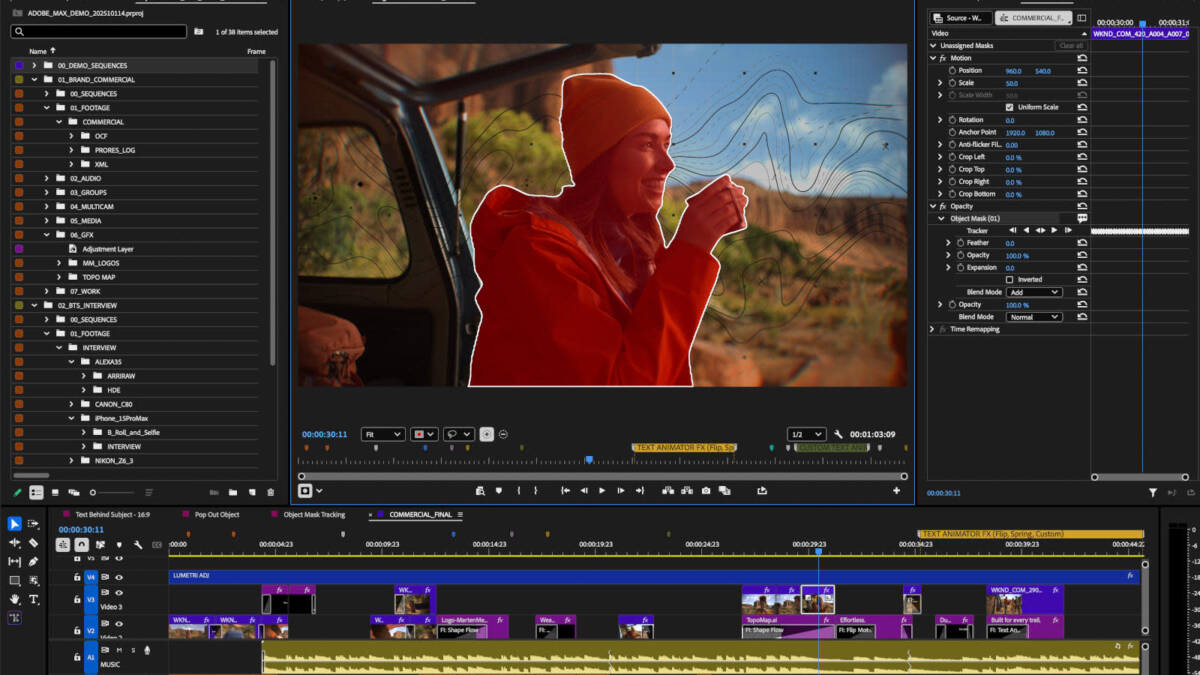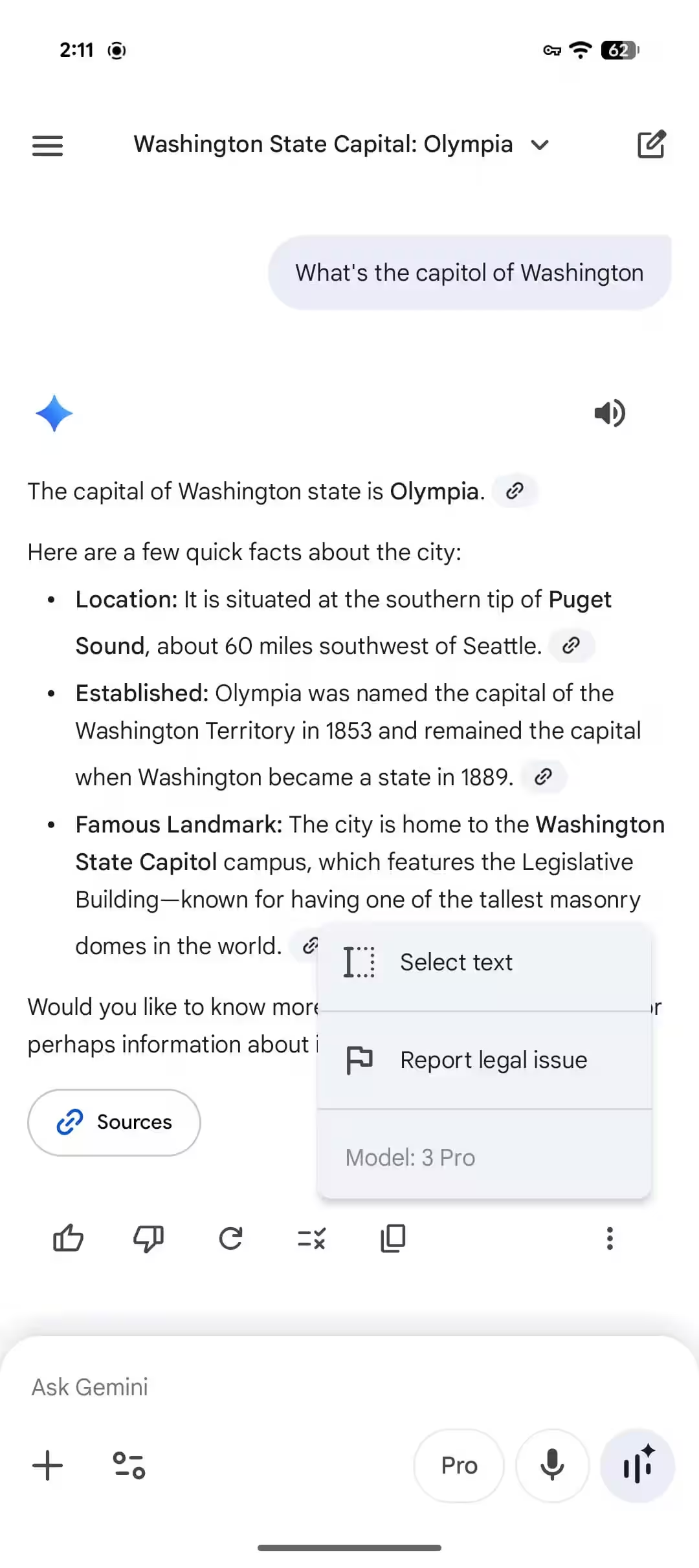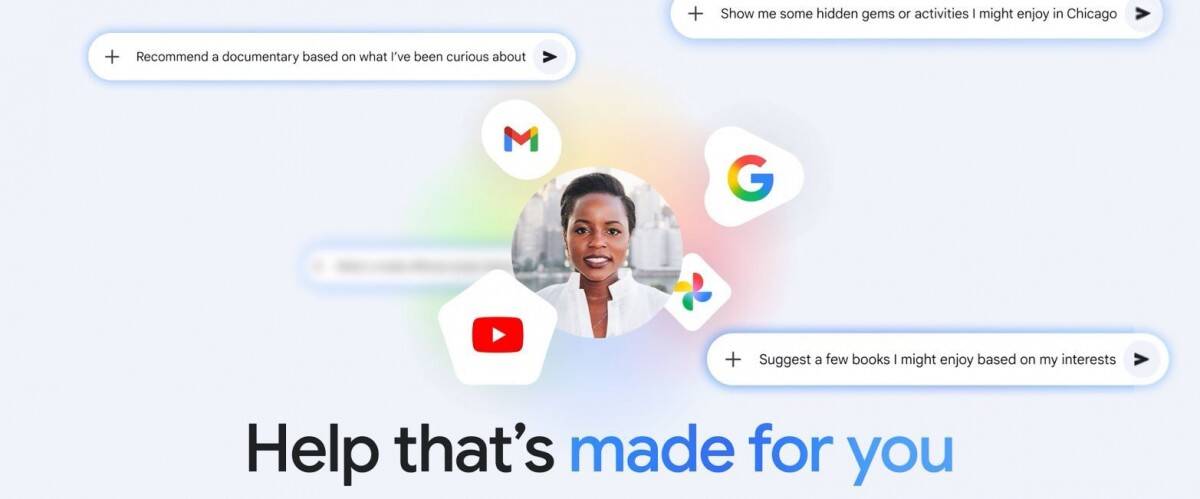Court allows authors to sue Meta for copyright infringement

The case of Kadrey v. Meta*
In 2023, Meta* developed an artificial intelligence model called LLaMA, which was trained on a large volume of text from various sources, including books by well-known authors such as Sarah Silverman, Richard Kadrey, and Christopher Golden. In response, the said authors filed a class action lawsuit against Meta*, making six allegations: direct and indirect copyright infringement, violation of the Digital Millennium Copyright Act (DMCA), unfair competition, unjust enrichment, and negligence.
The court granted Meta*’s motion and dismissed all of the claims asserted except the direct copyright infringement allegations. The negligence claim was dismissed with prejudice, but the plaintiffs were allowed to amend on the other counts.
Meta* attempted to challenge the direct copyright infringement claim by arguing that LLaMA was not a derivative work. The court found this claim “nonsensical” because the model herself did not recycle the plaintiffs’ books. The claim for indirect infringement was dismissed because the plaintiffs failed to provide evidence that LLaMA creates derivations containing the protected content of their books. The court also referred to prior decisions, such as Andersen v. Stability AI Ltd, emphasizing that proof of substantial similarity of works is required to support a theory of derivative infringement.
Claims based on the DMCA were also dismissed because the plaintiffs did not allege that LLaMA created or distributed copies of their books. Thus, Meta* could not be found guilty of wrongfully distributing books in a copyright-infringing manner. The court concluded that the Copyright Act encompassed all of the plaintiffs’ state law claims for unfair competition, unjust enrichment, and negligence because they were based on the same rights. In the end, the only remaining claim was a charge of direct infringement related to the alleged unauthorized copying of LLaMA’s training books.

The lawsuit so far
In 2025, a federal judge allowed a copyright lawsuit against Meta* to proceed. The judges noted that the allegations of copyright infringement were “obvious” and specific enough for further proceedings. In addition, they recognized that the authors had plausibly alleged that Meta* had intentionally removed the copyright information to conceal the facts of infringement.
The judges also found that the authors had plausibly alleged that Meta* had intentionally removed the copyright information to conceal the facts of infringement.
The judge said that taken together, these allegations create a “reasonable, if not particularly compelling, inference” that Meta* removed the information to prevent disclosure of LLaMA’s model training on copyrighted materials.
The court, however, dismissed the charges related to the California Comprehensive Computer Data Access and Fraud Act (CDAFA) because the plaintiffs did not prove that Meta* had access to their computers or servers, but only to the data (in the form of their books).
* Owned by Meta, it is recognized as an extremist organization in the Russian Federation and its activities are banned.








